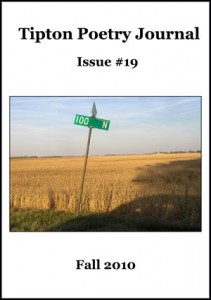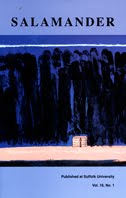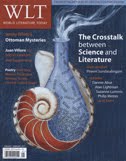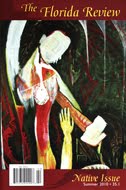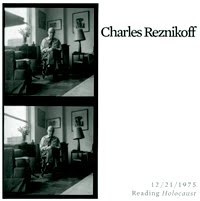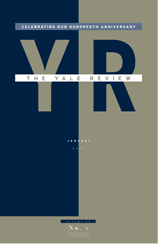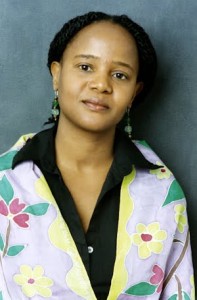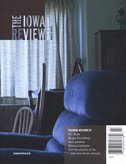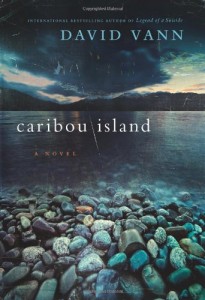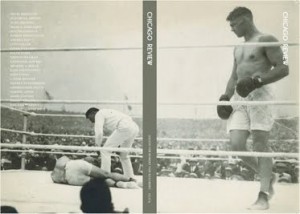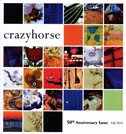The 2011 Caldecott Medal winner is A Sick Day for Amos McGee, illustrated by Erin E. Stead, written by Philip C. Stead. A Neal Porter Book, published by Roaring Brook Press, a division of Holtzbrinck Publishing.
Caldecott Honors
Dave the Potter: Artist, Poet, Slave illustrated by Bryan Collier, written by Laban Carrick Hill, published by Little, Brown and Company, a division of Hachette Book Group, Inc.
Interrupting Chicken illustrated and written by David Ezra Stein, published by Candlewick Press.
The 2011 Newbery Medal winner is Moon over Manifest by Clare Vanderpool, published by Delacorte Press, an imprint of Random House Children’s Books, a division of Random House, Inc.
Newberry Honors
Turtle in Paradise written by Jennifer L. Holm, published by Random House Children’s Books, a division of Random House, Inc.
Heart of a Samurai written by Margi Preus, published by Amulet Books, an imprint of Abrams.
Dark Emperor and Other Poems of the Night written by Joyce Sidman, illustrated by Rick Allen, published by Houghton Mifflin Books for Children, Houghton Mifflin Harcourt.
One Crazy Summer written by Rita Williams-Garcia, published by Amistad, an imprint of HarperCollins Publishers.

